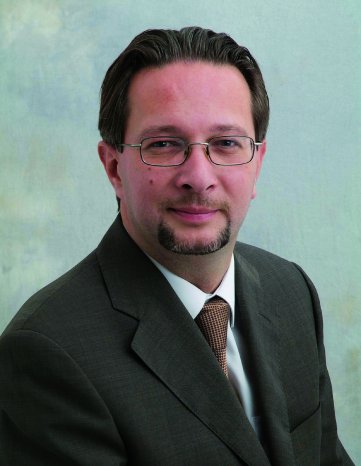Seine has invested heavily in its own research and development, helped in part by investment by Lenovo Capital. Thanks to that investment, over the years the company claims to have built up a portfolio of over 330 patents and 20,000 OEM patent authorizations domestically and internationally.
Bottom Line for ICT Buyers:
1. Should you take Seine seriously? We think so, particularly if you are a smaller organization (see below) or an autonomous branch office of a larger organization, or you are a larger organization looking for an additional supplier focused on price. Seine looks to be in the race for the long run, and Samsung's success shows that it is possible for a new manufacturing brand to enter the market and establish itself through sustained long-term investment in technology, marketing, distribution, logistics and people in all countries in EMEA.
2. Cost-conscious organizations might be very receptive to a new vendor that offers lower acquisition costs and lower total costs of ownership. Seine's economies of scales based on its size in the Chinese market are an advantage in terms of production costs. Small organizations might be interested in purely reliable low cost mono laser devices. Medium-sized and large organizations and the public sector require a specific approach supported by larger European/EMEA and national marketing and sales teams. This entails large-scale investments and a strong focus and competency on the services side. It's an area where Seine will take longer to establish itself as a major player.
3. Services, a limited product line, and relatively fewer channels /routes to market are currently the Achilles heel of Seine, and this will limited its appeal in some enterprise scenarios. However, if Seine has a long-term commitment to move into the market and up the food chain, mimicking other successful entrants that initially focused on price, then introduced wider product ranges and built out its capabilities, the company could be one to watch for enterprises and government bodies.

